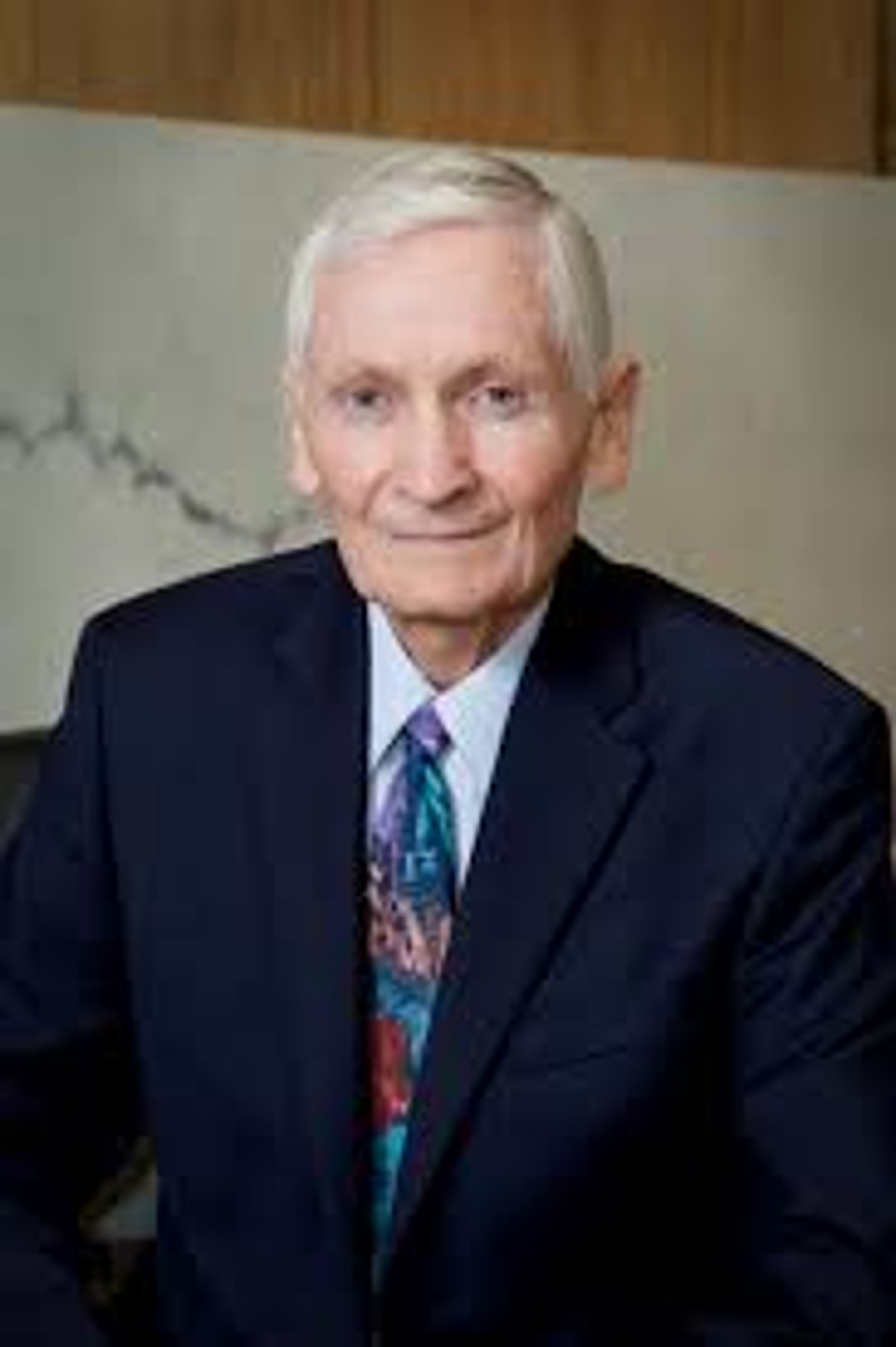Most Christians do not know that Muslims hold Mary and Jesus in utmost esteem. The virgin mother of Jesus is mentioned 34 times in the Quran, where she is given her own chapter (Surah 19). Over the centuries, millions of Muslim girls have been named after her.
In the Quran, Jesus is hailed as the Messiah, and he performs miracles just as he does in the Gospels. Islamic and Christian conceptions of the end of the world are very similar, and Muhammed told his followers that "surely the Son of Mary will descend amongst you as a just ruler."
In Surah 3, the angels proclaim that Allah has chosen Mary over all women to bring Jesus into the world. The angels declare: "Allah gives you glad tidings of a word from Him, whose name is the Messiah, Jesus, son of Mary, illustrious in the world and the hereafter, and one of those brought near to Allah."
Addressing Allah directly, a puzzled Mary asks: "How can I have a child when no mortal has touched me?" An angel relays Allah's answer: "Allah creates what He will." Similar to the God of Genesis speaking the world into existence, all that Allah has to do is say "be and it is."
When Mary was about to deliver, she retired to a secret place, where "the pains of childbirth drove her to the trunk of a palm tree." A voice called out, calmed her and directed her to drink from a stream under the tree. The voice also instructed her to shake the tree and obtain dates to sustain her.
This, of course, sounds strange and even off-putting to Christians in the West, but the story is found in the apocryphal Infancy Gospel of Matthew, which was popular among the Eastern Orthodox and Egypt's Coptic Christians. The main difference is that this version of the story takes place on the Holy Family's flight to Egypt, not before Jesus' birth.
In 1992, a fifth century Byzantine church was unearthed between Jerusalem and Bethlehem. It is called The Church of the Seat of Mary, and it celebrates this story, complete with the stream and date palm, that we find in the Quran. The only difference is that she goes on to Bethlehem to give birth to Jesus.
When Mary brings the infant Jesus to her people, they are sorely perplexed. Joseph is not part of this story, so Jesus' legitimacy is even more questionable. The infant Jesus saves his mother's virtue by verbally attesting to Allah's favor: "He has given me Revelation and made me a prophet, and he has made me blessed wheresoever I may be." Mary's people are both amazed and appeased.
The Syrian Infancy Gospel, one used by Nestorian Christians and most likely known to Muslims, supports this remarkable story. The baby Jesus says to his mother: "I am the Son of God, the Logos, whom you have brought forth, as the Angel Gabriel announced to you."
Most Christians would say they believe only what their Bible tells them. The Bible, however, is a different book depending on whether you are Roman Catholic, Protestant, Eastern Orthodox or Coptic. The Catholic Bible contains apocryphal books of the sort mentioned above.
Legends tells us that the Buddha, Krishna and Confucius had miraculous births. Krishna and Zoroaster were threatened in infancy by demon kings. Could not these stories be symbols of the hope that every new-born child brings to a broken world? As Unitarian educator Sophia Fahs declares: "Every night a child is born is a Holy Night."
George Bernard Shaw offers a similar insight: "Life is a flame that is always burning itself out, but it catches fire again every time a child is born."
Nick Gier was University of Idaho coordinator of religious studies from 1980 to 2003. ngier006@gmail.com.








